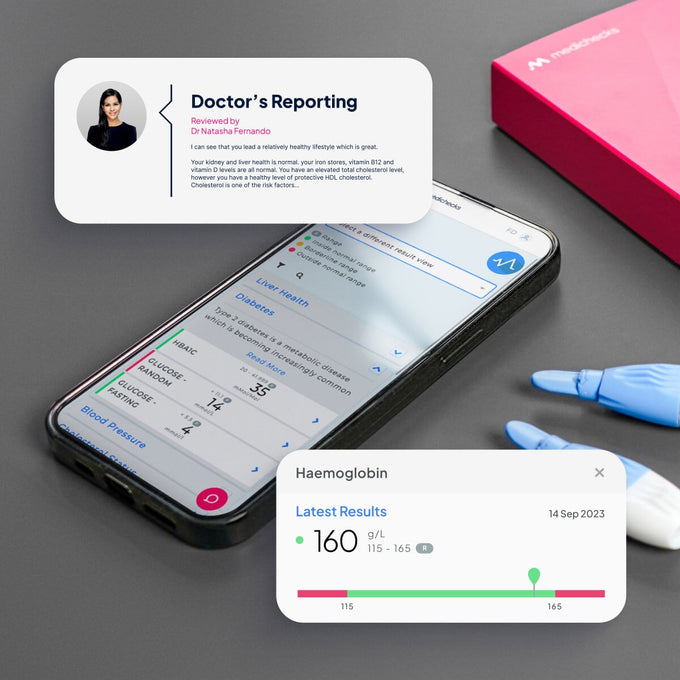Allergy Screen (UK) Blood Test, from our experts to you.
Dr Sam Rodgers MBBS, MRCGPChief Medical Officer

What is an Allergy Screen (UK) Blood Test?
Our allergy screen provides a comprehensive analysis of the most common allergens which can cause IgE-mediated allergies in the UK. You'll also get a total measure of your immunoglobulin E, which is often raised if you have an IgE-mediated allergy.
What can I learn from this test?
Our test is ideal as part of an initial investigation screen if you have signs of IgE-mediated allergies, such as hives, redness of the skin, vomiting, and lip or facial swelling, which develop quickly after exposure to an allergen.
A positive reaction to one of the mixes tested allows you to narrow down which substances are likely to be causing your allergy but does not allow the single allergen to be identified. So, you may need to arrange a further test for the single allergens in one of the mixes.
Which allergens are included?
The allergens tested are:
- -Food mix: cod, cows milk, egg white, soya bean, peanut
- -Wheat grass mix: cocksfoot, meadow fescue, meadow rye, timothy.
- -Single allergens: cat dander, Cladosporium herbarum, dog dander, house dust mite, latex, cod.




